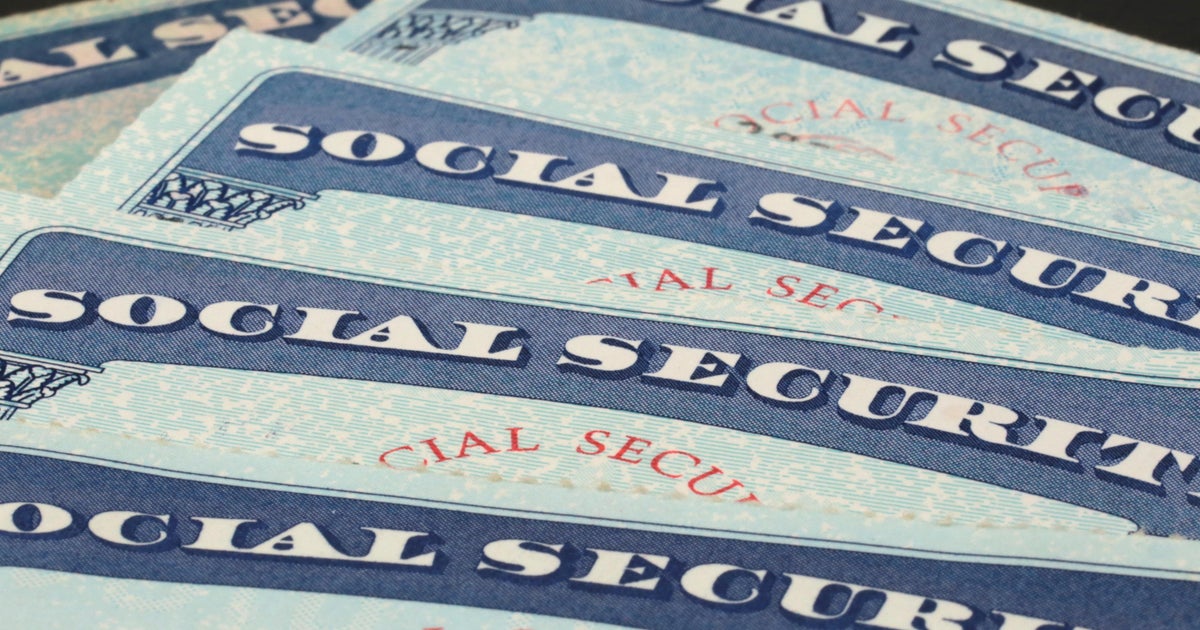
President Biden on Monday is expected to sign into law legislation extending full Social Security benefits to nearly 3 million U.S. retirees, according to advocates for the measure.
Decades in the making, the Social Security Fairness Act would eliminate two federal policies that prevent former police officers, firefighters, postal workers, teachers and others with a public pension from collecting their full Social Security benefits.
“The Senate finally corrects a 50-year mistake,” proclaimed Senate Majority Leader Chuck Schumer, a Democrat from New York, after senators approved the legislation on December 21 in the waning hours of the 118th Congress.
Organizations representing firefighters and police officers told members that they had been informed that Mr. Biden was poised to sign the bill. The president was scheduled to hold a signing ceremony for the measure on Monday at 10 a.m. Eastern Time, according to the International Association of Fire Fighters, IAFF, and the National Association of Police Organizations (NAPO), although his schedule could change.
Edward Kelly, IAFF’s general president, was invited to the signing. “The IAFF has been working on the issue for years, and Mr. Kelly has been present on Capitol Hill lobbying for the WEP/GPO repeal,” an IAFF spokesperson told CBS MoneyWatch.
NAPO’s leadership was informed of the coming event by the White House, NAPO told its members in a post on social media.
The bill’s passage is “a monumental victory for millions of public service workers who have been denied the full benefits they’ve rightfully earned,” said Shannon Benton, executive director for the Senior Citizens League, which advocates for retirees and which has long pushed for the expansion of Social Security benefits. “This legislation finally restores fairness to the system and ensures the hard work of teachers, first responders and countless public employees is truly recognized.”
The White House did not respond to requests for comment.
What is the Social Security Fairness Act?
The Social Security Fairness Act would repeal two federal policies — the Windfall Elimination Provision (WEP) and the Government Pension Offset (GPO) — that reduce Social Security payments to nearly 3 million retirees.
That encompasses people who also collect pensions from state and federal jobs that aren’t covered by Social Security, including teachers, police officers and U.S. postal workers. The bill would also rescind a second provision that reduces Social Security benefits for those workers’ surviving spouses and family members. The WEP impacts about 2 million Social Security beneficiaries and the GPO nearly 800,000 retirees.
The Senate held its first hearings into the policies in 2003.
The measure had bipartisan support, yet faced last-minute objections from some Republicans due to its cost. According to the Congressional Budget Office, the proposed legislation would add a projected $195 billion to federal deficits over a decade.
Senate supporters of the bill, including Louisiana Republican Bill Cassidy, argued that while Social Security’s funding shortfall needs to be addressed, that shouldn’t be done at the expense of retirees with public pensions.
When will the Social Security Fairness Act take effect?
Once signed into law, the legislation is retroactive for Social Security payments starting in January 2024, according to the text of the bill. That means eligible recipients who previously only received partial benefits will get a full payment retroactive to a year ago.
Still, calculating what beneficiaries are owned may not be simple or quick.
“The Social Security Fairness Act would eliminate the reduction of Social Security benefits while entitled to public pensions from work not covered by Social Security,” the Social Security Administration stated in an update Thursday. “The Social Security Administration is evaluating how to implement the Act if signed into law. We will provide more information as soon as available.”
Americans who previously filed for Social Security benefits that are partially or completely offset do not need to take any action other than to verify that the Social Security Administration has their current mailing address and direct deposit information.
“Most people can do this online with their personal my Social Security account without calling or visiting Social Security. Visit www.ssa.gov/myaccount to sign in or create your account,” the agency advised.
Workers with a public pension who are interested in filing for Social Security benefits can file online at ssa.gov or schedule an appointment, it added.
